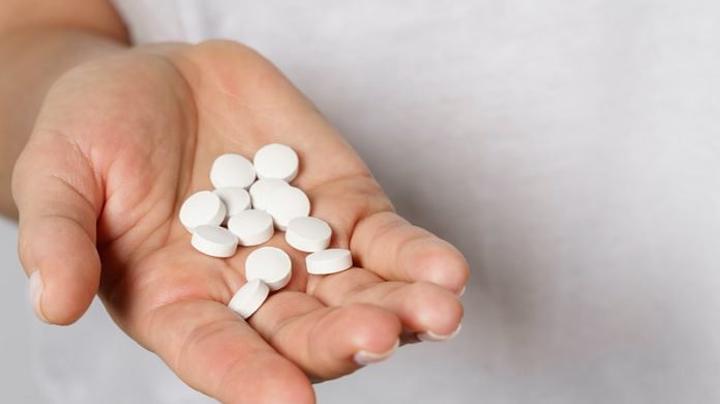In a study from the University of Auckland, scientists found a drug that can increase life span. The age-old quest for immortality has taken a step forward. The team that long-term treatment of healthy mice from middle age (one year) with a drug currently used to treat cancer can increase their lifespan by an average of 10% to around three years.
2 Comments so far
Comments are closed.

The press release is at https://www.auckland.ac.nz/en/news/2023/01/25/scientists-identify-drug-that-could-extend-lifespan.html
The abstract in the study says:
“Diminished insulin and insulin-like growth factor-1 signaling extends the lifespan of invertebrates1,2,3,4; however, whether it is a feasible longevity target in mammals is less clear5,6,7,8,9,10,11,12. Clinically utilized therapeutics that target this pathway, such as small-molecule inhibitors of phosphoinositide 3-kinase p110α (PI3Ki), provide a translatable approach to studying the impact of these pathways on aging. Here, we provide evidence that dietary supplementation with the PI3Ki alpelisib from middle age extends the median and maximal lifespan of mice, an effect that was more pronounced in females. While long-term PI3Ki treatment was well tolerated and led to greater strength and balance, negative impacts on common human aging markers, including reductions in bone mass and mild hyperglycemia, were also evident. These results suggest that while pharmacological suppression of insulin receptor (IR)/insulin-like growth factor receptor (IGFR) targets could represent a promising approach to delaying some aspects of aging, caution should be taken in translation to humans.” https://www.nature.com/articles/s43587-022-00349-y
Maybe these questions are too obvious, but:
1. How well do we understand the molecular interactions that PI3Ki has with insulin and growth factors?
2. Do other methods for diminishing insulin also result in reductions in bone mass? (reducing insulin would be expected to result in hyperglycemia).
3. Would mRNA treatments that could build larger molecules (proteins, actually) be more precise in how they interrupt the PI3Ki pathway; i.e. and possibly interrupt the bone loss?